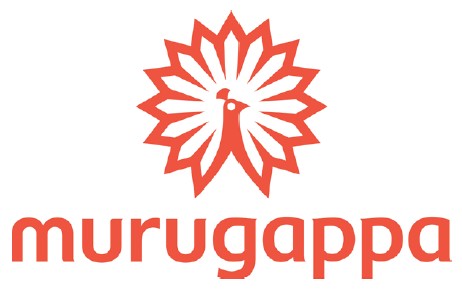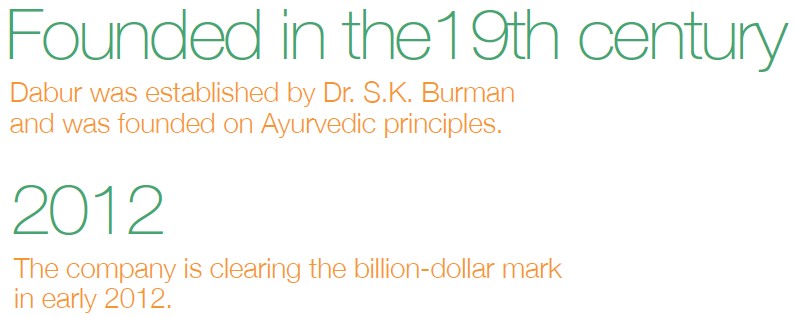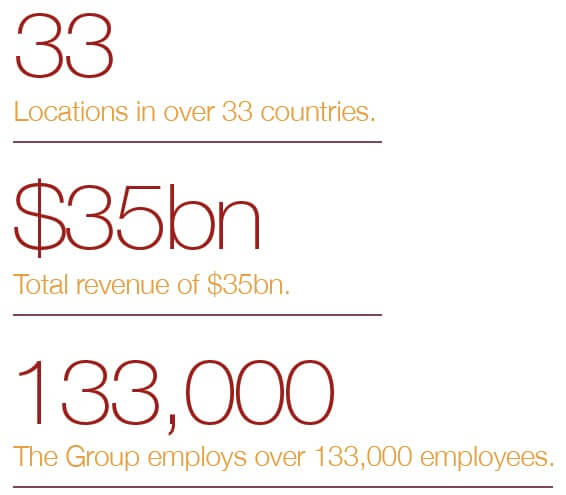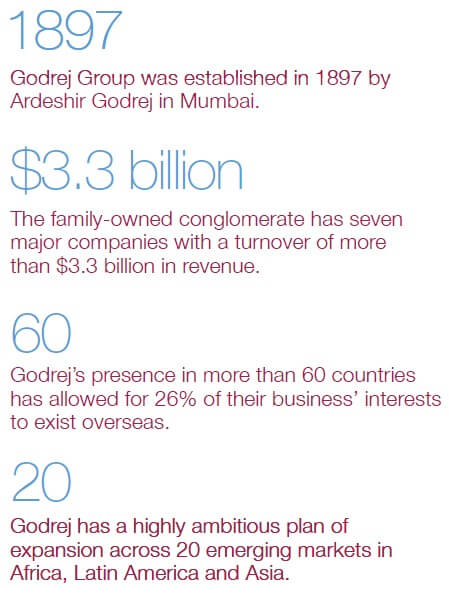Dabur India Limited
Founded in the late 19th century, Dabur emerged onto the marketplace as most intensely popular brands do: Out of necessity. Established by Dr. S.K. Burman, Dabur (a hybrid of colloquially spelled “Daktur” and family name Burman) was founded on Ayurvedic principles, offered initially only to a local Indian consumer base, to treat the ills of the day with the ancient Hindu healing practice as its driving force. The Burman family still owns the company today and continues to facilitate this same core of traditional guidance that has led Dabur into the homes of more than 60 different nations all around the world.
A key to the company’s international success has been what it champions as “localised business”. As opposed to implanting Dabur products made famous on the Indian subcontinent into foreign markets, the company has taken to offering its natural goods with a vantage familiar to the market it is targeting (for instance, using locally sourced olive oil for a hair product in the Middle East as opposed to the normally applied coconut oil). With the company clearing the billion-dollar mark in early 2012, the strategy has proven fruitful. The consumer goods giant has grown its empire with a range of beauty and household offerings, but remains true to its original medicinal aims. Dabur’s Ayurvedic Specialties Division produces over 300 medicines, both prescription and over the counter, that target various illnesses.
The company is a relative newcomer on the international scene, having only set foot out of the Indian market 8 years ago. Dabur’s manner of expansion, however, is all the more impressive due to how quickly it has penetrated into Africa, Europe, Australia, South Asia and the United States having purchased Namaste Laboratories in the latter in 2010. Dabur has taken their efforts a step further with not only a widening range of products and nations in which they will offer their goods, but also strategic investment in manufacturing plants in the Middle East. The global market displays a pronounced demand for natural products, a welcome indication for Dabur to continue implementing their aims whilst ensuring continued success for the Burman family.

Aditya Birla Group
The Birla family leads the Aditya Birla Group, a Mumbai-based multi-billion dollar multinational corporation that deals in a host of sectors. The corporation is a world- leader in metal production, standing as an industry innovator in cost-efficient aluminum and copper production.
Additionally, the Aditya Birla Group produces commanding portions of the world’s viscose staple fibre, carbon black, insulators, acrylic fibre, cement and fertiliser. With locations in 33 countries, 133,000 employees of 42 nationalities and $35 billion of total revenue, 60% of the corporation’s business is run outside India. The Aditya Birla Group has amassed an incredibly diversified market share built upon multiple generations of family ownership.
The Aditya Birla Group is a result of over a century of family ownership and management. Aditya Birla founded the Aditya Birla Group, succeeding a long line of successful Birlas, foremost of which was his grandfather G.D. Birla. Aditya Birla was one of the first Indians to explore business abroad and expanded the family business into textiles, petrochemicals and telecommunications. The family business has continued to grow under the guise of family ownership and has lengthened the vision of the corporation’s namesake by operating extensively around the world.
While the bulk of the corporation’s global endeavors are derived in industrial manufacturing, the Aditya Birla Group has found success inside of India with a range of operations. Top fashion and lifestyle brands, three mobile telephone companies, a commitment to life insurance and asset management and two supermarket chains are among the many businesses the corporation has under management at home. The family business has avoided an image of experimentation by applying a storied family approach to each segment of its empire. The Aditya Birla Group credits its success to a web of continued family involvement, which in turn inspires its extended family of employees to form a continually award-winning global brand.

Murugappa Group
Murugappa Group is an Indian business conglomerate and more than a century old. As one of the fastest growing diversified business groups in South Asia, Murugappa’s range of activities includes engineering, abrasives, finance, general insurance, sugar production, farm inputs, fertilizers, plantations, bio-products and nutraceuticals. The family- owned group employs over 32,000 employees and has manufacturing plants spread across 13 states in India. The group is lead today by the fourth generation of the Murugappa family represented by A. Vellayan, who became Executive Chairman in 2009. The family owns between 38% and 100% of the seven flagship companies of the group.
The rich business legacy started when Dewan Bahadur, A. Vellayan’s great-grandfather, was 14-years old and was sent to Burma to work as a bank clerk in the existing family business. Twenty years later, Bahadur built the largest private bank in Burma (now Myanmar), which then spread to Malaysia, Sri Lanka, Indonesia and Vietnam. The group then moved all of their assets back to India. By the 1990s the family began to move towards arranging a system of governance to oversee Murugappa. This new order helped to sustain and protect the family’s continuity in the face of a fast growing and ever-competitive Indian economy. In 1999, the Group separated ownership and operational management, effecting the promotion of non-family professionals from within to become CEOs of the seven companies of the group through a corporate board. Today, the Murugappa Corporate Board includes three independent directors, three non-family executive directors, and an additional two family members.

Godrej Group
Godrej Group was established in 1897 by Ardeshir Godrej in Mumbai. Godrej, a true entrepreneur and innovative thinker, left his career in law to start a security company responsible for making safes and other security accessories. Ardeshir joined forces with his brother Pirojsha, to collaborate the former’s creative ingenuity with Pirojsha’s tact for manufacturing. The two created what then became one of the largest business empires in India with activities in real estate, FMCG, industrial engineering, appliances, furniture, security and agricultural care. Since its establishment, Godrej Group has contributed tremendously to India’s society and economic gains with their many initiatives and inventions. Godrej’s offers to the Indian marketplace include a multitude of pioneering firsts: the first lock with lever technology in the country, the first Indian safe, the first soap made of vegetable oil, and India’s first indigenous typewriter among many others.
Over the years, Godrej has grown to be recognised as one of India’s most trusted business entities. This earned reputation has in turn allowed the Godrej brothers’ products to become a vital part of the lives of millions of Indians.
The family-owned conglomerate has seven major companies with a turnover of more than $3.3 billion in revenue. Godrej’s presence in more than 60 countries has allowed for 26% of their business’ interests to exist overseas. Additionally, Godrej has a highly ambitious plan of expansion across 20 emerging markets in Africa, Latin America and Asia. Today the company is run by Chairman Adi Godrej, who has an estimated wealth of $6.8 billion according to Forbes Magazine, making him one of the 10 richest people in India. Adi Godrej, is also president of the Confederation of Indian Industry, a highly influential business organisation. With national leaders such as Adi continuing to pave the way forward, the Godrej Group is witnessing tremendous gains in its continual global ascension.
Tharawat Magazine, Issue 16, 2012




















